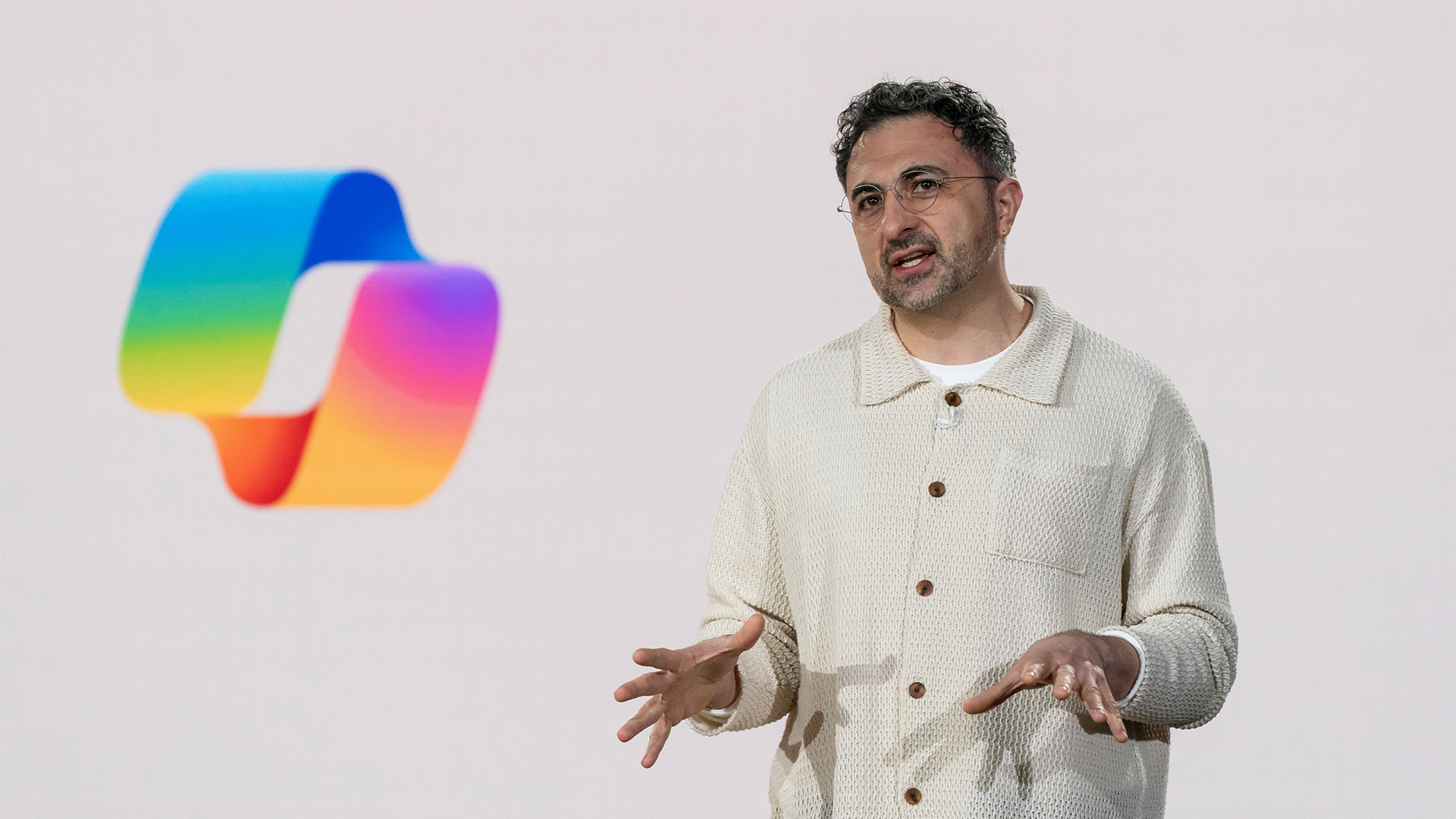While OpenAI took the tech industry by storm in late 2022 with the launch of ChatGPT, recent comments from Microsoft’s AI chief executive Mustafa Suleyman suggest it all could’ve been very different.
Speaking on the CatGPT podcast, Suleyman, who co-founded DeepMind and was still working at Google when ChatGPT launched, said the tech giant very nearly pipped OpenAI to secure first-mover status in the generative AI race.
At the time, he noted, Google was working on its own equivalent, LaMDA, but development of the tool stalled and the company missed out.
“We got frustrated at Google because we couldn’t launch LaMDA,” he said.
“LaMDA was genuinely ChatGPT before ChatGPT. It was the first properly conversational LLM that was just incredible. And you know, everyone at Google had seen it and tried it.”
Notably, Suleyman revealed that LaMDA’s reception at the company was a mixed bag, with a significant portion of people at Google skeptical of the tool and raising concerns about potential safety issues.
“Probably half the people were just brutal skeptics and were like this is never going to be safe,” he noted. “It’s always going to have hallucinations. It’s going to undermine our search business. There’s always going to be these safety issues.”
Despite reservations, Suleyman revealed that the “other half” were convinced the technology represented the “future of search” and would mark a step change in how users interact with the web.
“We were desperate to try and ship it. We couldn’t ship it,” he added. “They just couldn’t get their heads around it.”
Suleyman left shortly after to co-found Inflection AI with LinkedIn co-founder Reid Hoffman, before being poached by Microsoft in early 2024 to lead the tech giant’s AI push.
“Then I basically left and was like, well, we’ll raise the money, build the cluster, and we raised a billion and a half dollars and built a 22,000 H100 GPU cluster,” Suleyman said.
Suleyman and Hoffman launched Inflection AI several months prior to the launch of ChatGPT, but, similar to Google, released its own model after OpenAI and Microsoft had already struck a lead.
Personal Intelligence was released in January 2023. By that time, Suleyman admitted it was perhaps too late.
“By that time, you know basically all bets were off,” he said. “They [OpenAI] exploded.”
How things could’ve been
Suleyman’s comments on LaMDA and its development challenges highlight the fine margins involved in the early days of the generative AI boom. While OpenAI beat Google to the punch, it did spark a transformation across the tech industry.
A host of major tech players, particularly Microsoft, ramped up AI development in the wake of the chatbot’s success.
Google also pivoted rapidly to accelerate activities on this front, with CEO Sundar Pichai ordering a sharpened focus on the technology in late 2022.
The tech giant was reportedly in a state of ‘code red’ in December 2022, with Pichai reassigning internal departments for a mass-push on AI development.
Like its great rival Microsoft, Google has since woven AI into a host of key solutions across its portfolio, particularly at Google Cloud, initially launching its Bard chatbot and later rebranding to launch the Gemini AI range.
Make sure to follow ITPro on Google News to keep tabs on all our latest news, analysis, and reviews.
